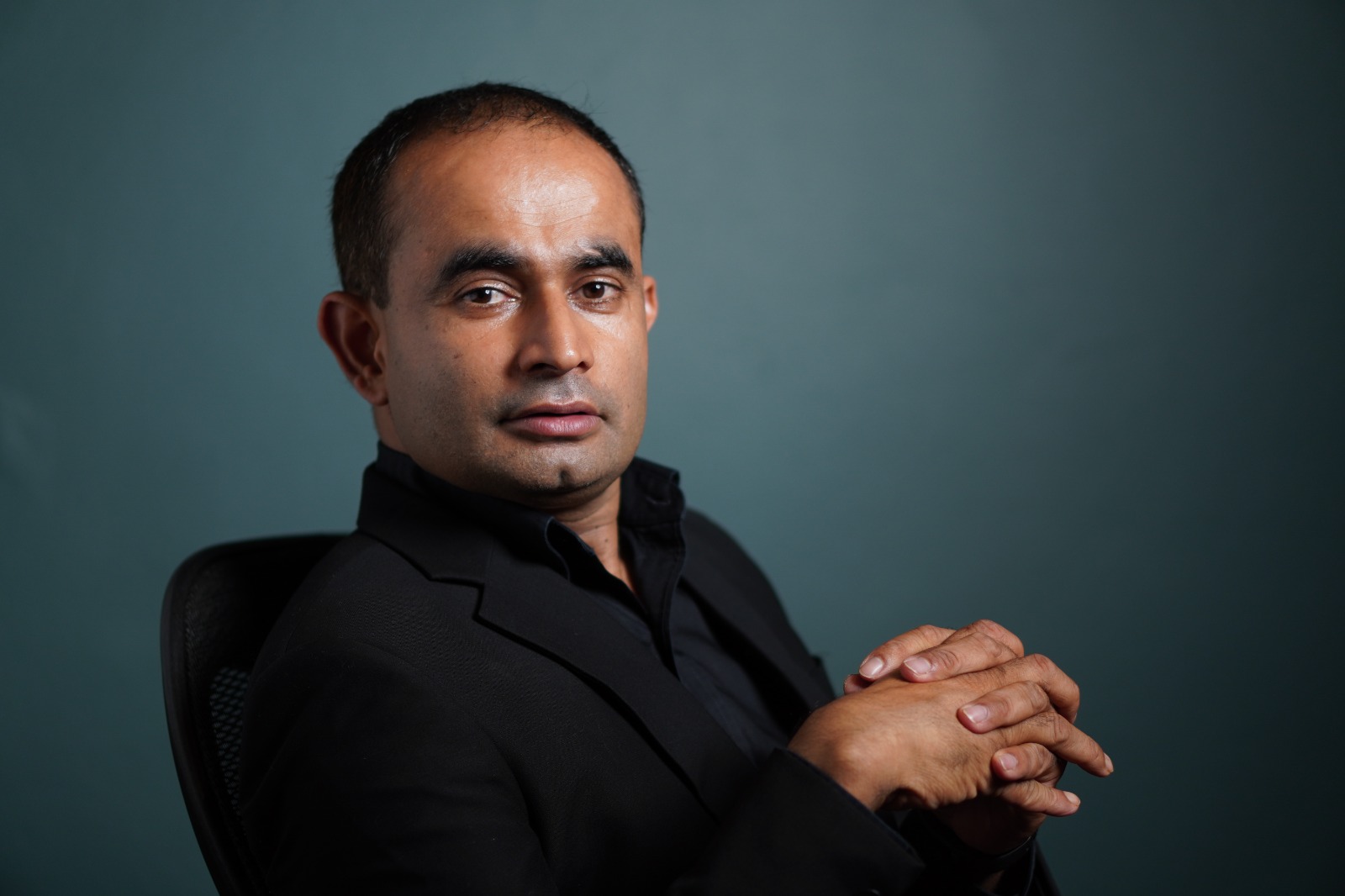Introduction: Integrity Is the New Innovation
In today’s tech culture, we often celebrate the founders who talk the loudest, raise the most capital, or disrupt the most industries. Rarely do we celebrate those who choose a different kind of path—one paved with clarity, humility, and relentless consistency. But Sabeer Nelli, the founder and CEO of Zil Money, isn’t interested in shouting to be heard. He’s far more focused on building to be trusted.
While many fintech startups burn fast and bright, Sabeer’s approach is refreshingly rare: slow, steady, and system-driven. From launching Tyler Petroleum—a fuel retail operation in Texas—to founding a multi-billion-dollar payments platform, he’s been guided not by hype, but by values that scale.
This is the story of how one founder turned integrity into a growth strategy, creating a fintech company that’s processed over $91 billion for over one million users—without ever compromising on what matters most.
From Gas Stations to Global Transactions: A Journey of Principles
In 2005, Sabeer was not an aspiring Silicon Valley founder. He was an operator in every sense of the word—managing fuel supply chains, dealing with inventory logistics, balancing employee schedules, and ensuring that every one of Tyler Petroleum’s locations ran like clockwork.
These early experiences in retail may seem worlds away from cloud-based fintech, but they taught Sabeer the golden rule of business: You don’t scale a product—you scale a system.
When he founded Zil Money in 2018, the mission wasn’t to reinvent finance. It was to fix the daily chaos that small business owners face, because he had lived it. He had waited for ACH transfers to clear. He had mailed out checks manually. He had juggled accounting tools that didn’t talk to each other.
So he built a platform that solved those problems head-on—without flash, without noise, and without unnecessary layers of complexity.
A Platform Designed Around Real Pain Points
Zil Money didn’t start with VC capital or grand marketing campaigns. It started with one goal: make financial workflows simpler and smarter for small businesses.
Each feature was born out of a real problem:
- Business owners needed to print checks instantly without expensive software? Zil Money made it drag-and-drop simple.
- Couldn’t process payroll because of bank delays? Zil enabled payroll via credit card—a game changer.
- Too many systems, too much friction? Zil Money centralized ACH, wire, check, and wallet payments into one clear dashboard.
Sabeer didn’t ask what would look good in a pitch deck. He asked what would save time and reduce stress for someone running a real company. That question continues to guide the roadmap today.
Practical Advice: Building With Principles, Not Trends
For founders looking to follow a similar path, here are a few of Sabeer’s core strategies that helped build not just one, but two enduring businesses:
- Solve a Problem You’ve Experienced
Sabeer didn’t build for a hypothetical user. He built for the person he used to be—overwhelmed, short on time, and looking for tools that just work. This made his solutions deeply relevant and easy to adopt.
- Never Outsource Your Values
Whether it’s compliance, security, or user experience, Sabeer treats trust as a non-negotiable. Zil Money is certified in SOC 1 & 2, PCI DSS, HIPAA, ISO,NIST, and more—not because they’re trendy, but because they’re the baseline for customer confidence.
- Sustainability Beats Speed
Zil Money didn’t grow overnight. It grew consistently—because it was built to last, not just launch. Slow growth is often more stable, especially when every new user is retained because the product genuinely works.
Culture That Mirrors the Founder
Every company reflects its founder, and Zil Money is no exception. Sabeer’s calm, deliberate leadership style has shaped a team that moves fast—but never at the expense of reliability.
At Zil, engineers aren’t just building features—they’re solving user problems. Support teams don’t read from scripts—they’re trained to understand context and offer real help. And unlike many startups, Zil Money doesn’t believe in chasing trends. It believes in staying true to the customer experience.
The result? A team that doesn’t just build fintech—they build peace of mind.
Relatable Example: The Night Before Payroll
Every business owner knows the stress of cutting it close before payday. One Zil Money user—an HR director at a 20-person company—once shared that their bank had delayed a transfer, leaving them in panic. With Zil Money’s pay-by-credit-card payroll feature, they processed payments in under 10 minutes, no delays, no embarrassment.
It wasn’t a glamorous feature. But it was a lifesaver. And those are the stories that drive word-of-mouth growth.
Future-Ready Without the Buzzwords
While the fintech space is filled with talk of AI, crypto, and embedded finance, Sabeer remains focused on fundamentals. Zil Money’s infrastructure is modular and forward-compatible, ready for integration with whatever tools tomorrow brings—but only if those tools truly benefit the user.
No fluff. No feature bloat. Just scalable simplicity.
Conclusion: The Case for Quiet Builders
In a world full of noise, quiet builders like Sabeer Nelli stand out—not because they shout, but because they show up, solve real problems, and never lose sight of their values.
Sabeer’s story is proof that you don’t need to disrupt an industry to lead it. Sometimes, all you need is discipline, empathy, and a commitment to building things that make life easier.
If you’re building a company today, ask yourself: Is your mission clear? Is your solution rooted in reality? Are you building trust before traction?
Because in the end, hype fades—but principles scale.
Read More From Techbullion

































